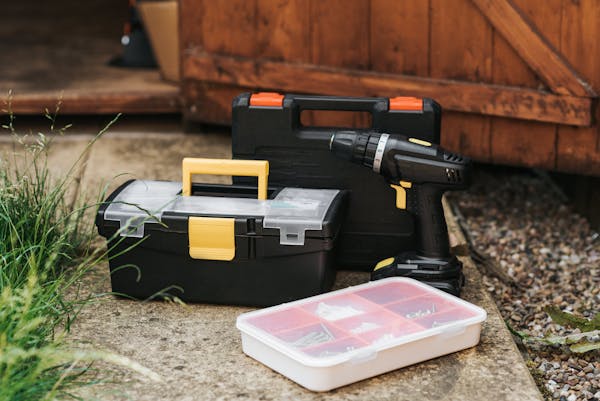Furnaces are complex machines with a lot of moving parts. As a result, it’s not uncommon for them to experience issues from time to time.
Unusual noises like banging or rattling are usually signs that mechanical problems are present. Make sure that the circuit breaker hasn’t tripped, and call in an expert to check it out. Check out Coquitlam furnace repair for more information.

1. Dirty Filter
A furnace relies on its filter to pull in a majority of the air that it circulates through your home. Over time, this can become clogged and restrict the flow of clean air through your home. It can also cause your system to overheat and shut down.
If you notice that your furnace is working inefficiently and producing unusual noises, you should check your filter first. Make sure that it is clean, and if it’s not, you should change it.
A dirty air filter can also trigger your furnace’s flame rollout switch, a safety feature that can prevent the system from running if it becomes overheated. It can be easy to miss this problem, but it’s important that you replace your air filter on a regular basis. This can help to ensure that your furnace is able to operate properly during colder months. It can also help to reduce energy consumption. This is good for the environment as well as your wallet.
2. Leaking Water
While a well-functioning furnace is a critical component of a comfortable home, it’s not always smooth sailing. Whether your furnace is making strange noises or leaking water, there are certain warning signs that it’s time to call in a professional for repairs.
For instance, if you see puddles around your furnace or notice mold in your home, it’s likely due to a crack in the heat exchanger. The heat exchanger is responsible for transferring the energy from the combustion process to your air. Cracks in this critical component can lead to serious damage and a plethora of water leaks.

Another cause of leaking water is a blocked condensate line. This occurs when the exhaust pipe is clogged by an accumulation of debris, causing the gases to cool down and condense into water. Regularly cleaning and vacuuming the area around your furnace can help prevent this problem. You can also use a dehumidifier in humid areas to reduce condensation.
3. Thermostat Issues
If your furnace is making unexpected noises or emitting odors, it’s important to act quickly and seek professional intervention. Unusual noises may signal underlying problems and gas leaks or odors could be hazardous to your health.
A dirty or clogged air filter restricts airflow and forces your furnace to work harder than necessary, causing it to overheat and potentially reducing its lifespan. Make sure to check your filter monthly and change it out as needed.
If you’re experiencing erratic heating or notice your pilot light isn’t staying lit, it may indicate that the thermostat is sending incorrect signals to the furnace. This problem could also be caused by damaged or corroded wiring that impedes communication between the control board and other components.
4. Gas Leaks
Furnaces are designed to safely heat homes and businesses. However, when a furnace experiences a problem, it can cause issues with safety and comfort.
One of the most serious problems is a gas leak. This can occur when the flue (the pipe that carries the exhaust out of the home) becomes damaged or is installed improperly. This can lead to a buildup of carbon monoxide or unburnt gas within the system.
You can spot a gas leak by noticing the odor of rotten eggs or sulfur in the air. This smell comes from mercaptan, which is added to natural gas by regulation.
If you smell this odor in your home, turn off the power to your furnace and open all the windows and doors. Then, call a professional to conduct a thorough inspection of your furnace and determine the source of the issue. A professional can also help you take steps to prevent future gas leaks.